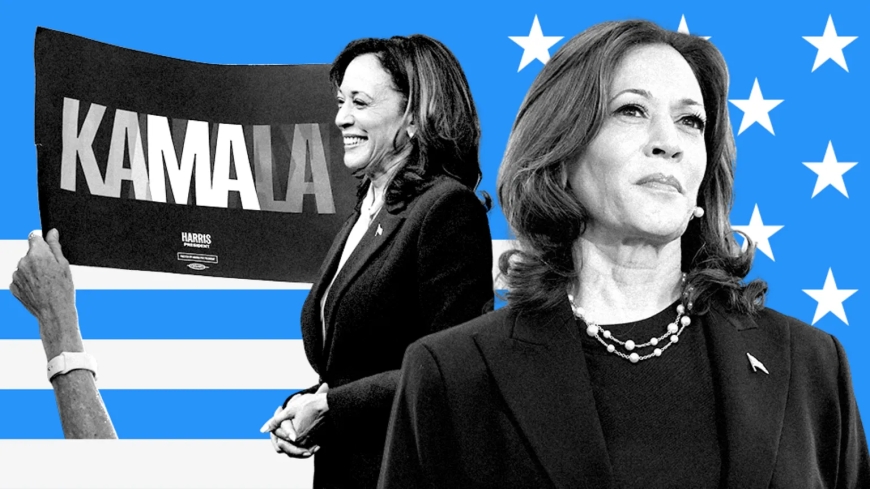Kamala Harris a new political Star?

Kamala Harris began her professional career at the Alameda County Prosecutor's Office only five years ago, where she made a reputation for her activities within the juridical system. In 2003, she ascended to the post of District Attorney of San Francisco, which is one of the most prominent law enforcement roles in the city. In 2011, she established a new page in history by being the first colored female to be elected as the Attorney General for California, which is the most populous state in the United States.
Harris swiftly established herself as a prominent figure in the Democratic Party. In 2017, she gained national prominence after revealing her plans to run for one of California's Senate seats. Despite being a freshman, ambition pushed her to run for president in 2020. Elizabeth Warren, although a skilled debater, struggled to effectively convey her stance as anything other than the logical option for advocating for women. As a result, she was no longer in the picture—albeit not completely disregarded by this time last year. Harris was 55 years old at that particular moment. Joe Biden revitalized her political career by selecting Harris as his vice presidential candidate in 2020, after her own ambitions for the presidency had faltered.
Today, the Democratic Party's strategists are of the opinion that Harris is in a favorable position to continue under Biden's leadership. She represents a new and vibrant image for the party, as she is twenty years younger than both Joe Biden and Donald Trump at the age of 59. Her ethnically diverse background attracts significant Democratic voting groups, including women, African-American voters, Hispanics, and young people. Harris is in a favorable position to take over the Democratic Party's financial infrastructure and Biden's campaign organization. However, she faces significant challenges on her forthcoming path:
During her tenure as vice president, Harris has occasionally faced criticism for her perceived inaction and lack of visibility. In 2021, a CNN report alleging that she was positioning herself as a potential Biden successor elicited criticism from within the Democratic Party. Her management of the immigration crisis also stirred controversy, particularly when, just six months into office, she recommended Guatemalans not to immigrate to the United States, which incensed the more progressive factions of the party. Furthermore, she has been accused of being unprepared or ignorant about critical issues, including the economy and national security.
The formidable opposition she encounters from Donald Trump is another significant obstacle. Trump has been preparing for the 2024 election for at least a year and has received substantial support from an enthusiastic Republican constituency. Contrarily, people perceive Harris as less prepared for the campaign, and Trump's repeated claims that she concealed Biden's deteriorating health situation have exacerbated her challenges.
The Times-Sienna poll indicates that 61% of Americans are dissatisfied with the economy and believe that the country is on the incorrect course under Democratic leadership. Harris may encounter difficulty in overcoming the unfavorable perception of Biden's economic legacy, particularly the rising bank interest rates that have shocked numerous voters.
Harris also confronts huge opposition from within the Democratic Party. She lacks the same level of public investment and traditional party support that Obama or Clinton possess. Many conservative Democrats have reluctantly approved her candidacy; however, they lack the political zest of previous Democratic leaders.
As the United States grapples with arch-enemies like China and Russia, Harris' perceived lack of experience in foreign policy poses a significant concern. The ongoing military conflict between Russia and Ukraine continues to present a seemingly insurmountable obstacle, along with rising tensions in Taiwan. Furthermore, there is an increasing controversy regarding the amount of military aid that the United States provides to Israel. Opponents of both political parties are advocating for a decrease in military spending. Harris's consistent support for military aid to Israel, both during Obama's presidency and under Biden, could further confound her position in a political landscape that is becoming increasingly divided.













































